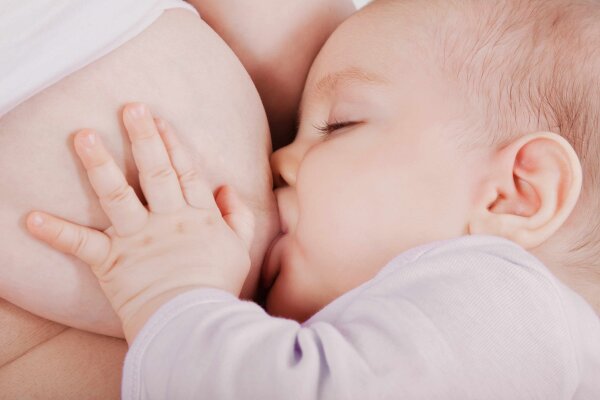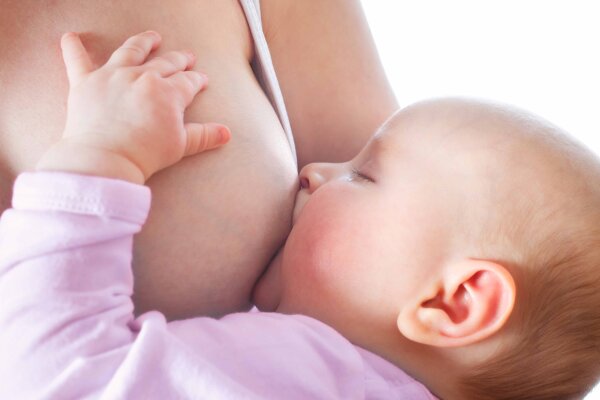Some breastfeeding women discover small white or yellow spots on their nipples. What many might mistake for skin blemishes is, in fact, a so-called milk bleb or blister. When breast milk starts backing up behind the blister, breastfeeding can become quite painful.
There is no breastfeeding without milk let down. The let-down reflex ensures that the breast milk is released from the mammary glands and flows towards the nipples. If it doesn’t happen, the baby will suckle at the breast in vain, only managing to extract a few scattered drops of milk that might be left in the ducts from the last feeding.
If you consider having a caesarean, you will probably have a whole list of questions about breastfeeding after a C-section, such as: Does milk come in later after a C-section? Do C-sections affect milk supply? What issues should I prepare for when breastfeeding after a caesarean? And what are the best breastfeeding positions after a C-section?
While having plenty of milk might seem like a good problem to have, an oversupply of breast milk can actually be very uncomfortable for mother and baby. Overly full breasts can become very painful, and the strong milk flow can be quite overwhelming for a baby and even hinder a healthy development.
Breastfeeding in public is a highly controversial topic—not only among breastfeeding mums, but also in society in general. While some mothers have no problem putting their little one to the breast in public places, others can’t even think of it without feeling uncomfortable. What does the law say about publicly nursing a child? Is breastfeeding allowed in public? What are the rules for breastfeeding in public in the UK? And how does breastfeeding in public work?
Is it necessary to take food supplements for breastfeeding? What nutrients should you increase while breastfeeding? And what supplements for breastfeeding are superfluous?








